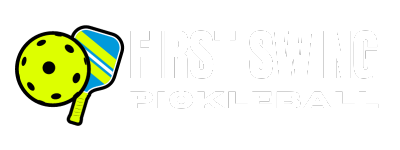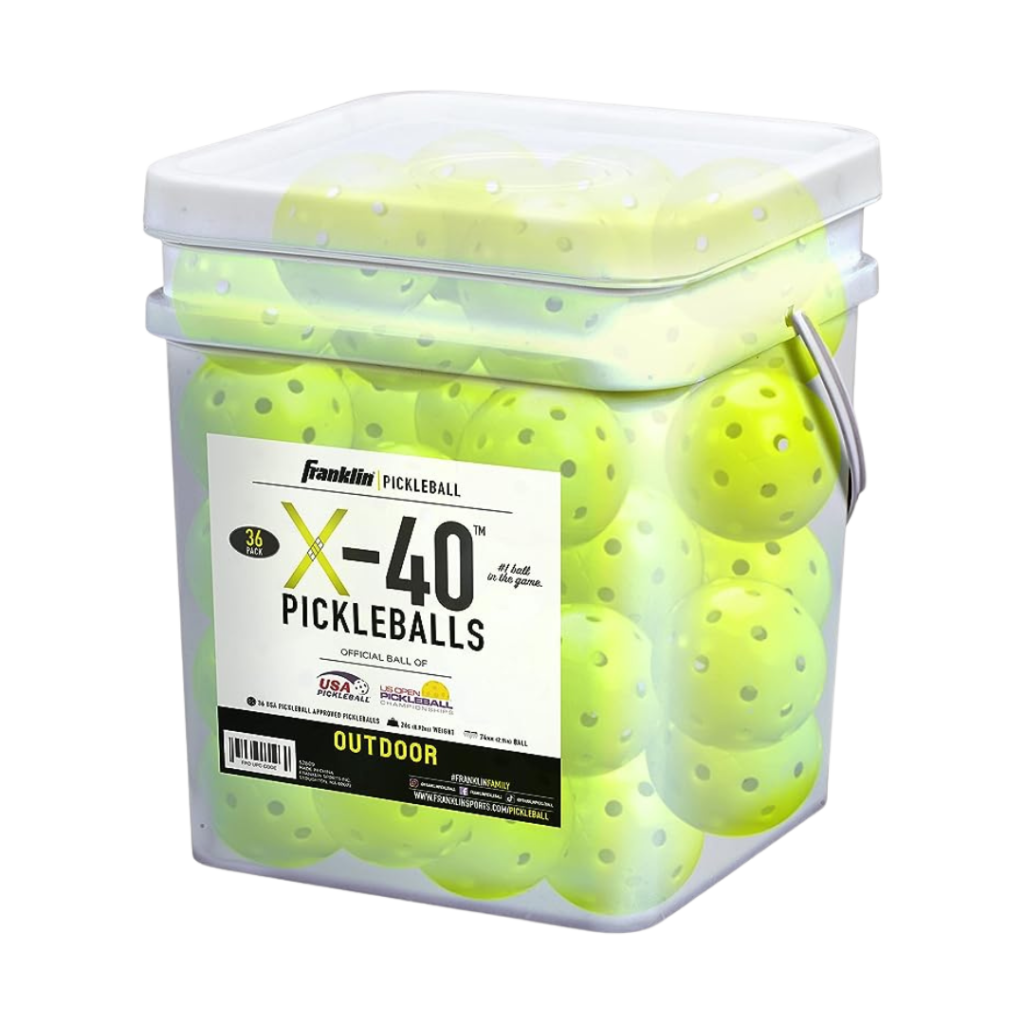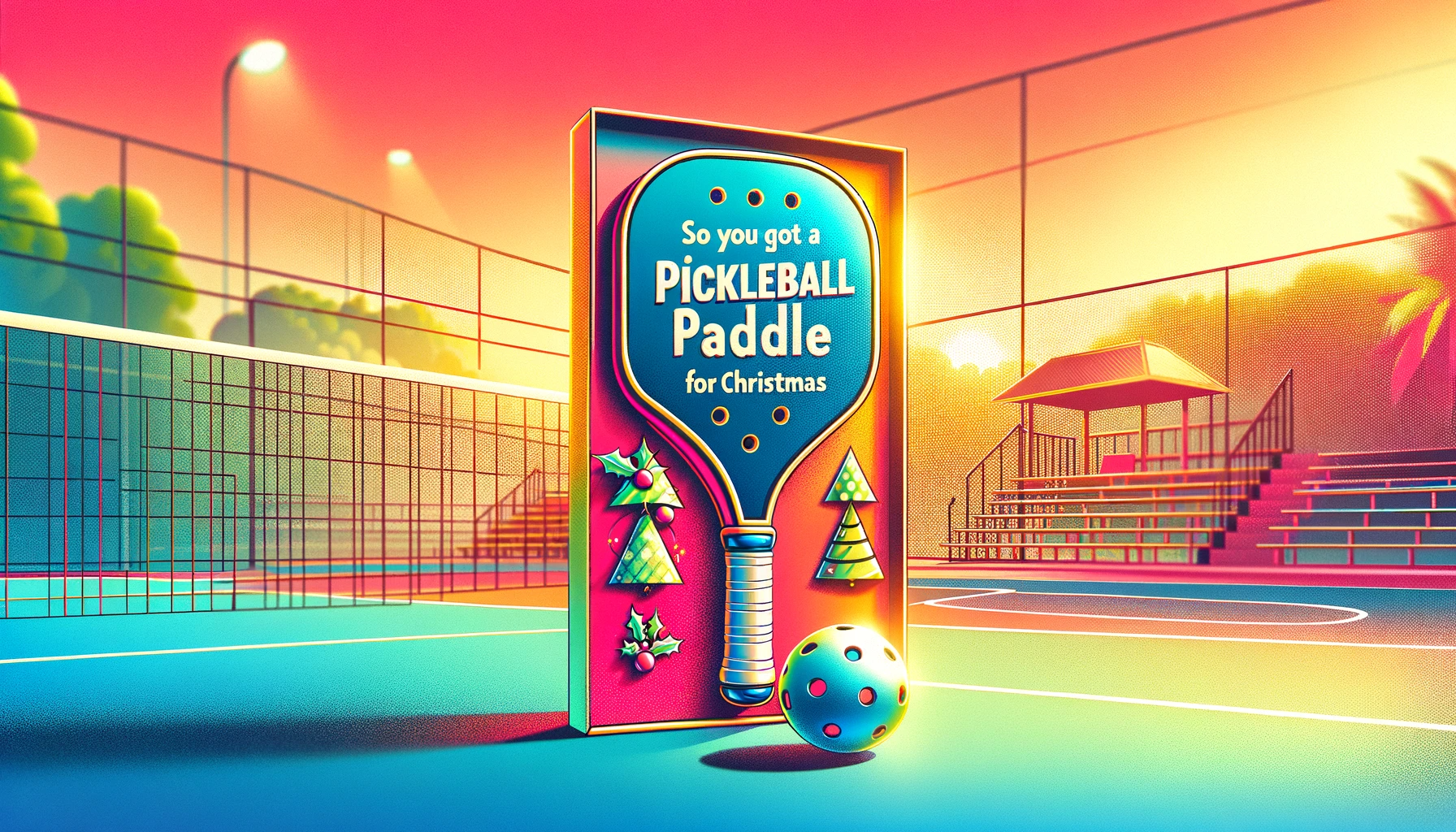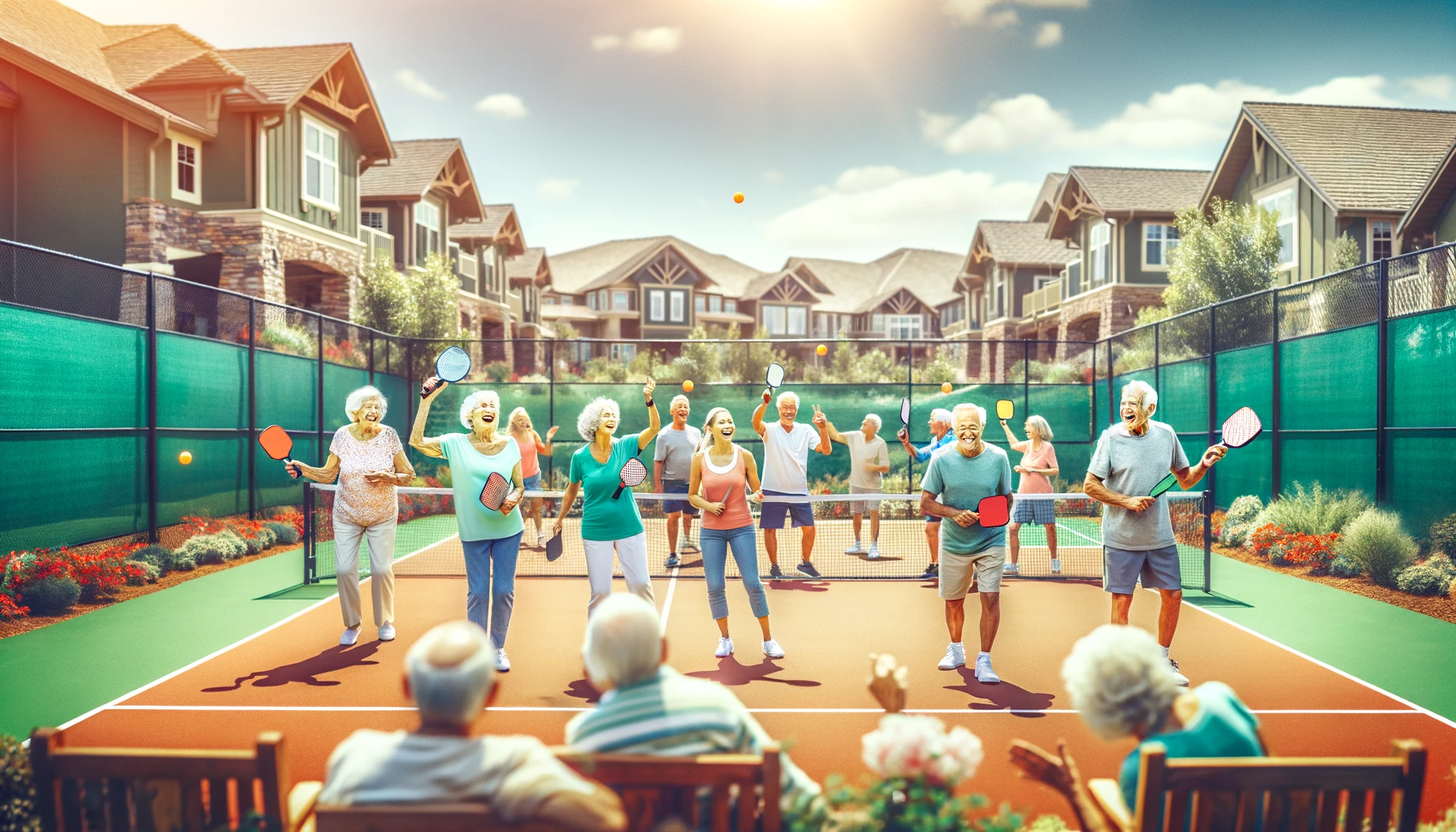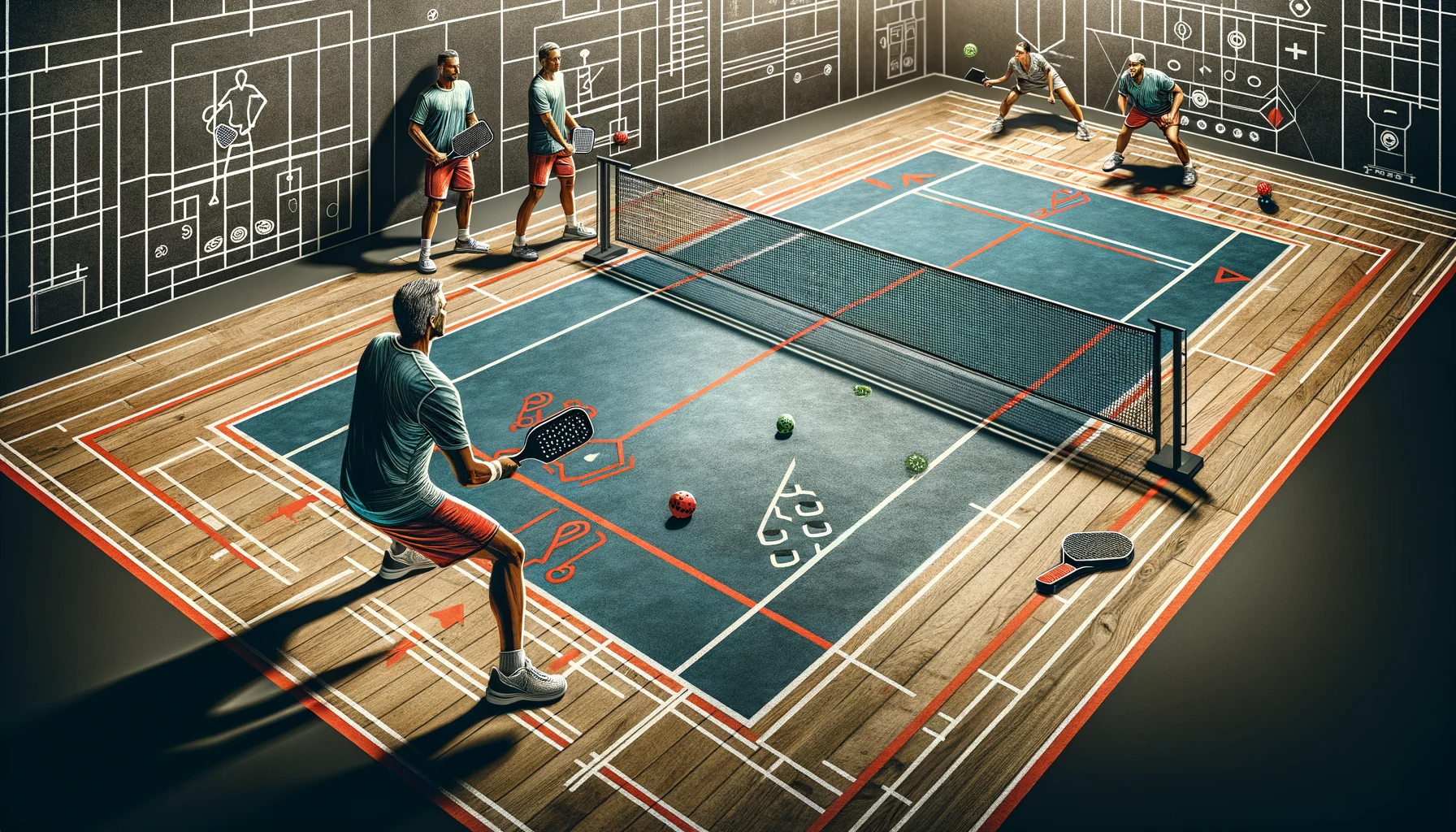
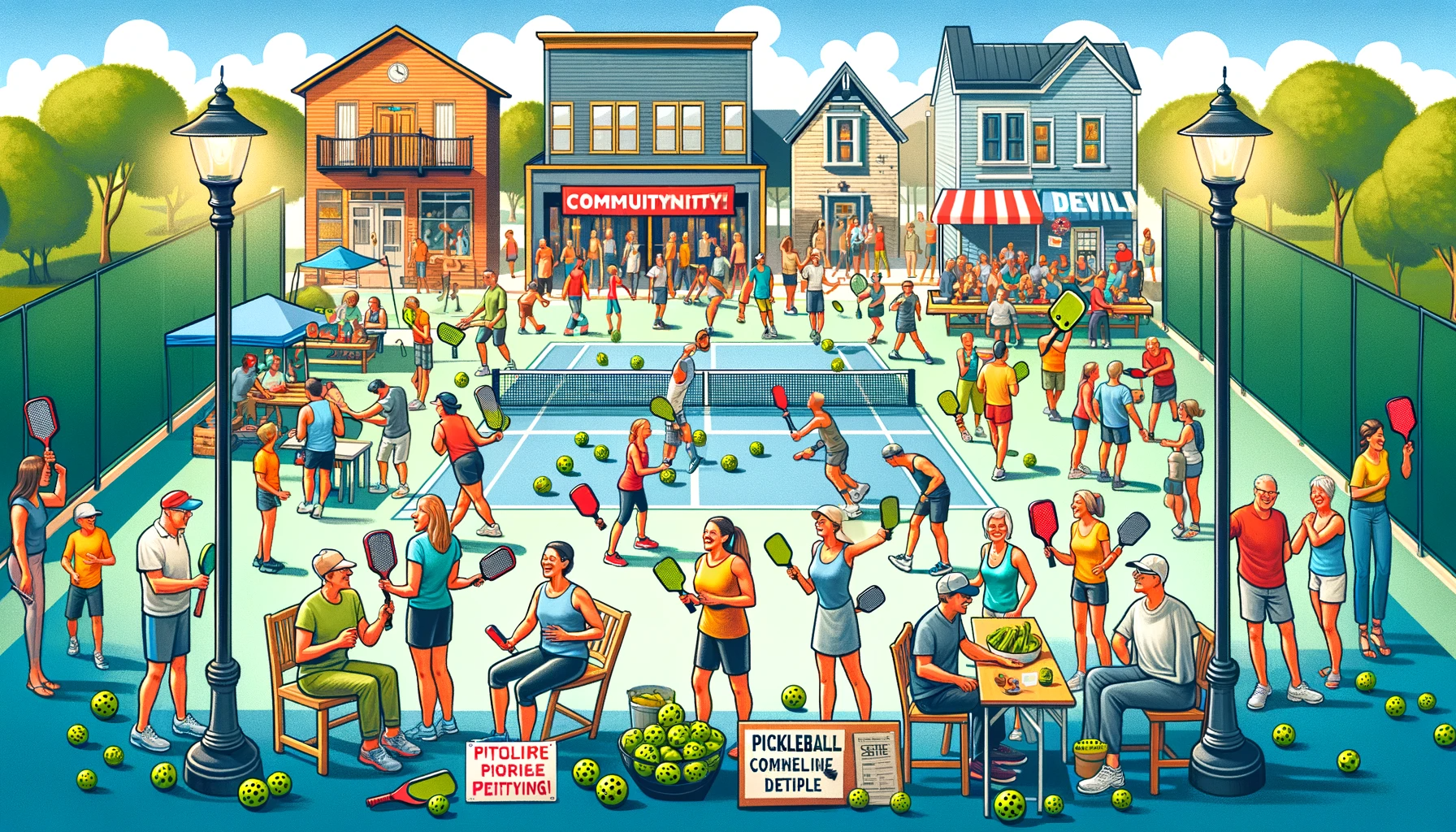
Building a Pickleball Community: Steps and Strategies for Starting and Growing a Local Pickleball Community
Introduction
Pickleball, a fast-growing sport beloved for its accessibility and social nature, offers a unique opportunity to build and nurture community connections. This guide outlines key steps and strategies for starting and growing a local pickleball community, ensuring a vibrant, inclusive, and active environment.
Step 1: Assessing Community Interest and Resources
Gauge Local Interest
Start by assessing the level of interest in pickleball within your community. This can be done through surveys, social media polls, or discussions at community events.
Identify Available Resources
Look for available resources such as public parks, community centers, or school gyms that could host pickleball games. Consider the potential for converting existing sports facilities into pickleball courts.
Step 2: Establishing a Core Group
Form a Leadership Team
Gather a small group of enthusiastic individuals to lead the initiative. This team will be responsible for planning, organizing, and promoting pickleball activities.
Define Roles and Responsibilities
Clearly define roles within your team, including responsibilities for communication, event planning, and community outreach.
Step 3: Developing Facilities
Court Setup and Maintenance
Determine the best layout for pickleball courts, considering factors like space, surface, and accessibility. Ensure regular maintenance of the facilities.
Equipment and Accessibility
Provide necessary equipment such as paddles and balls, and ensure that courts are accessible to all, including those with disabilities.
Step 4: Promoting the Sport and Community
Utilize Social Media and Local Media
Create social media pages and reach out to local media to promote pickleball events and activities. Share stories, photos, and event updates to engage the community.
Collaborate with Local Businesses and Organizations
Form partnerships with local businesses and organizations for sponsorships, events, and cross-promotion.
Step 5: Organizing Events and Programs
Regular Play Sessions
Schedule regular play sessions that cater to various skill levels, from beginners to advanced players.
Tournaments and Social Events
Organize tournaments, clinics, and social gatherings to foster a sense of community and friendly competition.
Step 6: Fostering an Inclusive Community
Encourage Participation from All Groups
Actively encourage people of all ages, abilities, and backgrounds to participate. Create programs specifically for youth, seniors, or people with disabilities.
Promote a Welcoming Environment
Foster a culture of respect, inclusivity, and camaraderie within the pickleball community.
Step 7: Sustaining and Growing the Community
Feedback and Continuous Improvement
Regularly seek feedback from community members and make adjustments to meet the evolving needs of the group.
Expansion and Outreach
Consider expanding facilities, offering more programs, and reaching out to neighboring communities to grow the pickleball community.
Conclusion
Building a local pickleball community is a rewarding endeavor that brings people together and promotes an active lifestyle. By following these steps and strategies, you can create a thriving pickleball community that is inclusive, engaging, and sustainable.
FAQs
Q1. How much space is needed to set up a pickleball court? A standard pickleball court is 20 feet wide and 44 feet long, but smaller areas can be adapted for informal play.
Q2. Can pickleball be played indoors? Yes, pickleball can be played indoors in gyms or multi-purpose rooms, which is especially useful in areas with harsh weather.
Q3. How do I find pickleball players in my area? You can find local players by joining pickleball groups on social media, checking with community centers, or attending local sports events.
For additional guidance and resources on starting a pickleball community, consider exploring these websites:
- USA Pickleball Association for official guidelines and resources.
- Pickleball Central for equipment and community stories.
- Meetup to find or create local pickleball meetups and groups.
